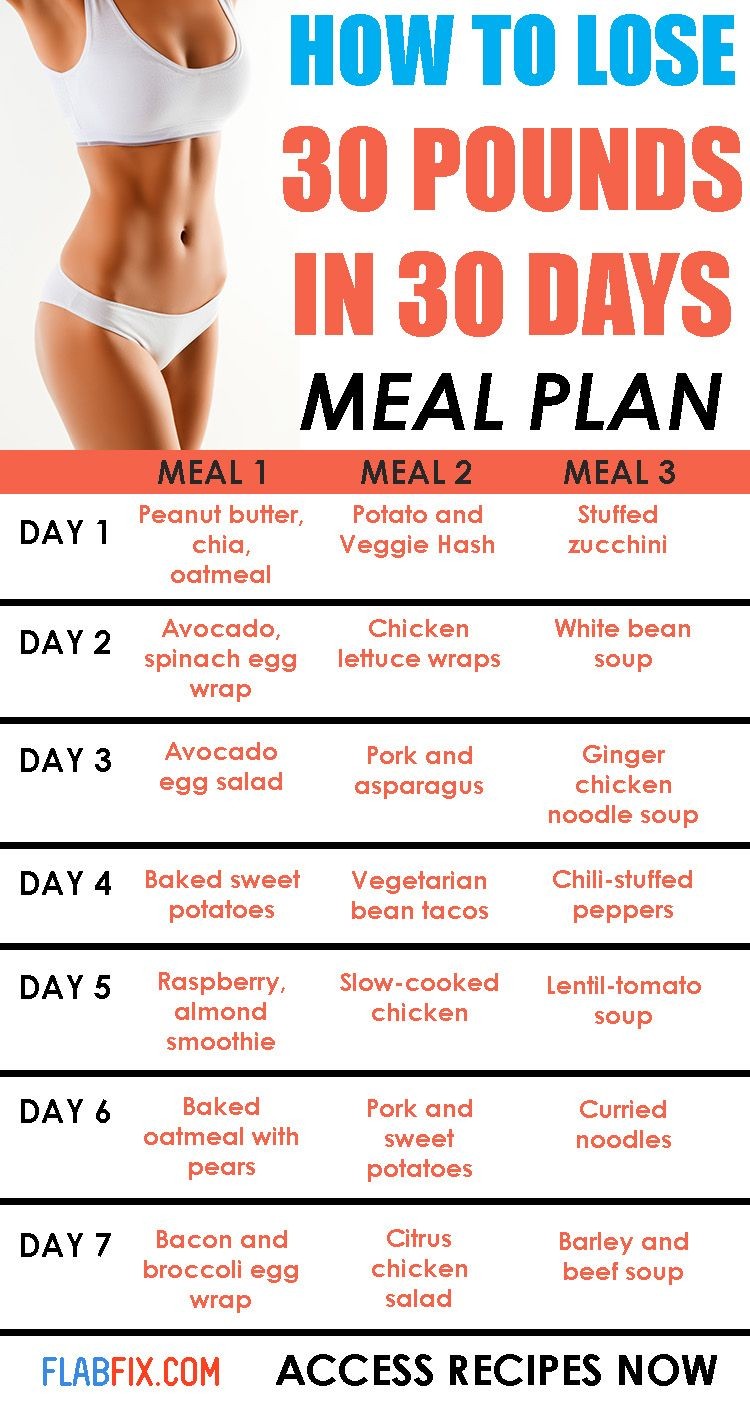
Contents
How to Safely Lose 30 Pounds
Losing 30 lbs may seem like a big task, but it is achievable if you give yourself time, develop good habits, and work hard. For overweight or obese individuals, losing 30 lbs can greatly improve their health, confidence, fitness, and overall quality of life.
The Best Way to Lose Weight
Weight loss is a common goal for many Americans. It’s something that is on everyone’s mind, with various diets, workout routines, and fitness technologies available.
There are different opinions on the best approach to weight loss, even among experts in the medical and health field.
However, it is always important to find a healthy strategy to achieve your weight loss goals.
- Create your own weight loss techniques based on proven concepts.
- Allow yourself to have one off-diet meal out of 21 as a reward, as it won’t hinder your progress and can help you stay on track.
15 Tips to Safely Lose 30 Pounds
Many diets and fitness programs promise rapid 30-lbs weight loss, but for sustainable and long-term results, follow these 15 tips:
- Set mini goals:
- Breaking your 30-lbs weight loss goal into smaller objectives makes it more manageable and achievable.
- Set weekly goals for weight, dietary changes, and physical activity. Meeting these goals will keep you motivated to continue and set new goals.
- Start with walking six days a week:
- Walking is an excellent starting point for weight loss and overall health improvement.
- A brisk 30-minute walk for six days a week improves cholesterol levels and reduces the risk of heart attacks.
- Work out four days a week:
- Include weightlifting and resistance band exercises in your gym routine four days a week for 30 minutes.
- This is where you transform your physique and achieve your desired body. Aim to lift weights at the gym four days a week.
- Make time for yourself:
- To lose 30 lbs at a healthy pace of 1 to 2 lbs per week, you need to create a calorie deficit by either reducing your calorie intake or increasing your energy expenditure.
- At this pace, it will take a minimum of 15 weeks to lose the weight. Although it may seem like a long time, it is the healthiest and most sustainable way to lose weight.
- Avoid extreme dieting or exercising that leads to quick weight loss, as it can be dangerous and difficult to maintain while going about your daily activities.
- Understand your exercises:
- Engaging in physical activity is a simple way to create a calorie deficit.
- Vigorous aerobic activity burns the most calories, while resistance training helps build muscle mass, which increases metabolism.
- Incorporate planned exercises into your routine to effectively burn extra calories. Incidental activities like climbing stairs or biking to work are a good start, but intentional and regular exercise is necessary to lose 30 lbs.
- If you’re new to exercising, start slowly and gradually increase the intensity and duration of your workouts.
- Learn how to cut calories:
- Reducing calorie intake, alongside increased physical activity, is the most effective way to lose weight.
- There are various strategies for cutting calories, but it’s important to choose a method that suits your lifestyle and eating habits for long-term maintenance.
- Be mindful of portion sizes, incorporate low-calorie meals, reduce sugary and fatty foods, limit alcohol consumption, and experiment with different approaches to find what works best for you.
- Be flexible with your weight loss:
- As you lose weight, adjusting your calorie intake gradually is necessary to maintain weight loss.
- Consult a dietician for personalized advice on maintaining a healthy diet.
- Once your ideal weight is reached, you can moderately increase your calorie intake to prevent further weight loss and maintain your desired weight.
- Don’t get discouraged:
- Weight fluctuations, including small increases, are common during any long-term weight loss journey.
- A temporary increase in weight should not lead to discouragement. Focus on long-term weight loss goals.
- There are various factors that can cause short-term weight gain, so it’s best to measure and track progress weekly to minimize the impact of fluctuations.
- Find motivation:
- Motivation and support are crucial for successful weight loss and maintenance.
- Reward yourself for your hard work, exercise with friends, keep a weight loss chart, and seek support from weight loss groups or individuals who share your goals.
- Track and analyze your habits:
- Keep a record of your daily activities to hold yourself accountable and gain insights into your habits.
- By understanding what works and what doesn’t work for you, you can create a personalized and effective weight loss plan.
- Failures can lead to the formation of new habits. Be honest about your weight loss goals and track your weight, sleep, hydration, workouts, diet, underlying medical conditions, and stress levels.
- Reduce sugar intake:
- Avoid or minimize consumption of sugary foods and opt for selected fruits when cravings arise. Breaking the sugar habit may be challenging initially, but it will contribute to weight loss.
- Sugar is known to contribute to obesity and chronic diseases, so it’s important to be mindful of foods that contain added sugars.
- Occasional rewards are allowed, but in moderation (preferably once every 20 days).
- Prioritize rest and sleep:
- Rest and sleep are essential for any weight loss journey. Lack of sleep can lead to unhealthy eating habits.
- Aim for at least seven hours of sleep each night. If you struggle with sleep, establish a consistent bedtime routine and gradually increase sleep duration as you begin your diet.
- Manage stress:
- Monitor and address stress using tools like smartwatches. Stress can negatively impact weight loss efforts.
- Dedicate time each day for activities like exercise, writing, meditation, and reading to manage stress.
- Avoid alcohol:
- Alcohol is calorie-dense and can lead to poor food choices and decreased motivation the following day due to hangovers.
- Gradually reduce your alcohol consumption until you can eliminate it from your diet.
- Eat a healthy diet:
- Diet plays a crucial role in weight loss. Initially, it may be challenging to incorporate diverse and nutritious meals into your diet to support your weight loss goals.
- Breaking bad eating habits may be difficult, but once formed, good habits are easier to maintain.
- Consult a nutritionist to determine the best healthy eating plan for your specific needs. Prepare balanced meals and snacks that align with your weight loss goals, including adequate protein, lots of vegetables, and healthy fats.


